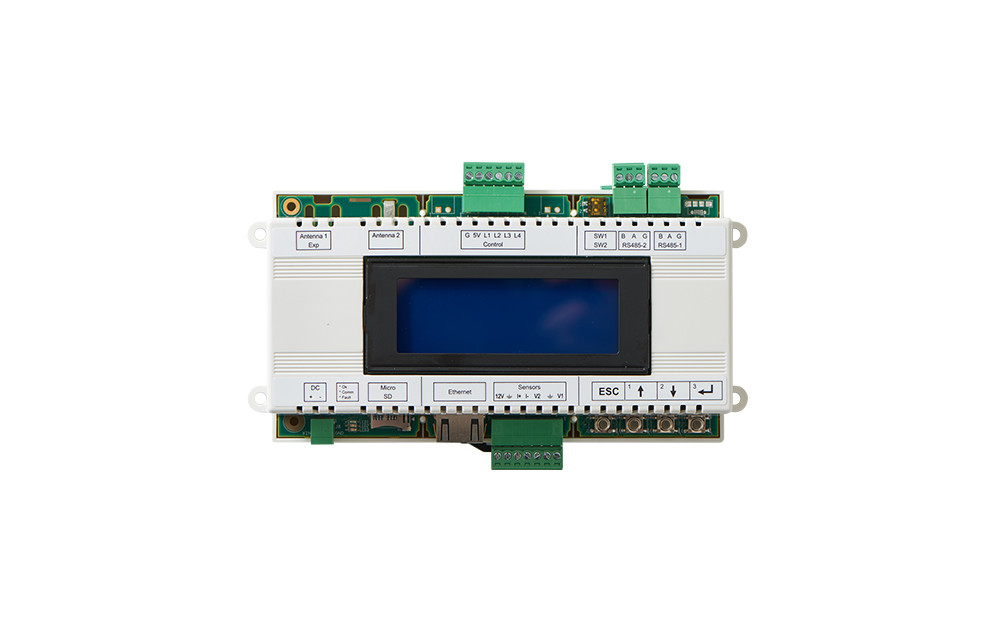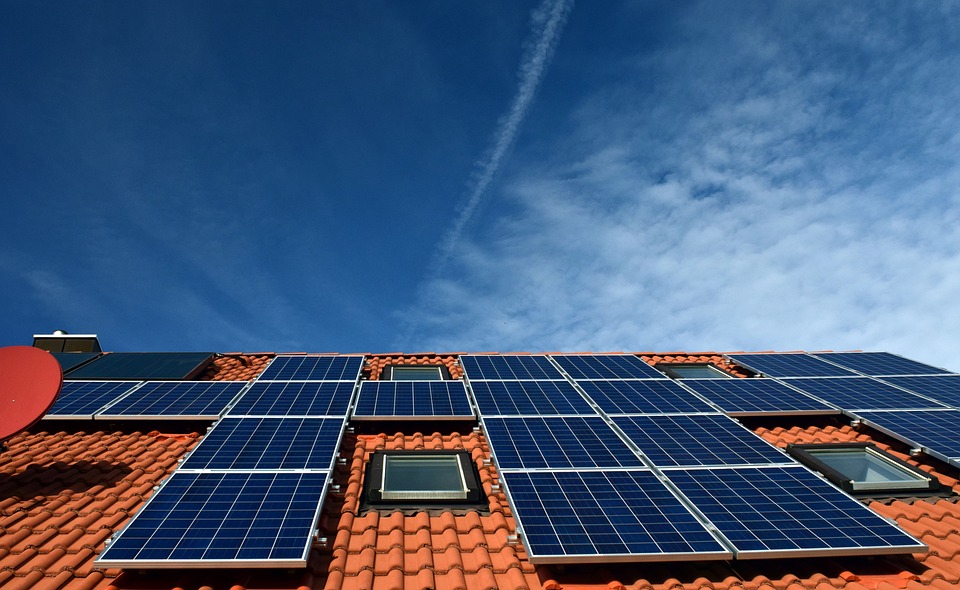Devices known as data loggers, also referred to as data recorders, are electronic devices that record data generated over a certain period and store it on the internet, enabling the reporting of these records when necessary.
How Does a Data Logger Work?
Datalogger devices can operate with a fixed power supply or with the battery inside.
Just as there are dataloggers that can record continuously, there are also models that can be set to specific time intervals. In general, it stores the data coming from the datalogger devices onto a database on the internet. If the internet is interrupted or there is another issue during the registration process, it prevents data loss by storing the data throughout this process.
Temperature, humidity, pressure, AC voltages, AC currents, DC voltages, DC currents, device error codes, etc. are recorded in the device memory along with the date the data was received.
The data recorded in the datalogger’s memory can be analyzed using an analysis program or saved in PDF, TXT, etc. formats for examination.
What is a Datalogger Used For?
Datalogger devices can be used wherever needed for the desired duration according to the recording conditions. It can be used in solar inverters, white goods, cold chain applications, pharmacy cabinets, organ transplant vehicles, blood centers, pump stations, and anywhere with sensitive data measurement limits like these. The datalogger is activated via a key and placed in the environment where data will be collected. When the data collection process is complete, the device is connected to a computer via a cable or wireless connection, or directly, and the data is downloaded. The collected data is analyzed and a report is generated using the device’s interface program or another program.
Data loggers provide users with two benefits. By sending someone to take measurements in a distant location, time and costs can be saved. It also allows for measurements to be taken anywhere, even during transportation. As an additional benefit, a data logger can be installed to achieve higher data density. A data logger collects more secure measurements without human intervention.
There are many different types of data loggers available. These range from single-channel devices with sensors to multi-channel data loggers capable of obtaining data from different sensors over extended periods. Data logging software provides the ability to configure acquisition parameters and format data outputs.





